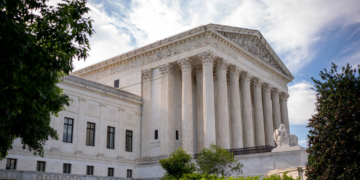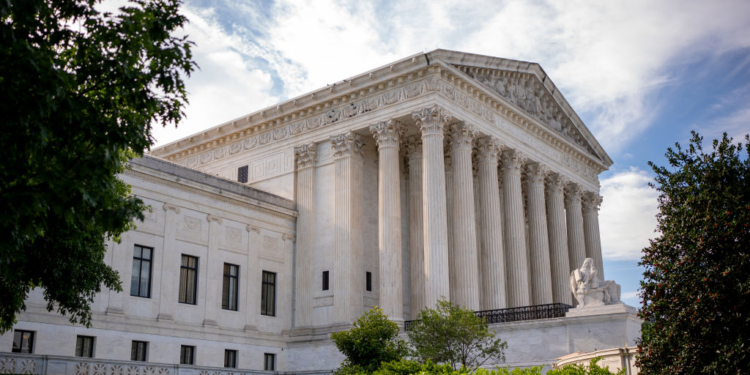The U.S. Supreme Court ruled 6-3 that states can block Planned Parenthood, the country’s largest abortion provider, from receiving Medicaid reimbursements for non-abortion health services like contraception and cancer screenings.
Although the case wasn’t about abortion directly, it represents a significant shift in how states can handle Medicaid provider eligibility and coincides with broader efforts by Republican-led states to cut funding to Planned Parenthood, according to the Associated Press.
Justice Neil Gorsuch authored the majority opinion, stating that although Medicaid law lets patients choose their own providers, that provision does not create an enforceable right in court.
This decision effectively eliminates the primary legal route — patient lawsuits — that Planned Parenthood used to maintain Medicaid funding. The ruling stemmed from a case in South Carolina where Gov. Henry McMaster attempted in 2018 to cut Medicaid ties with Planned Parenthood.
McMaster’s efforts were initially blocked by a lawsuit from patient Julie Edwards, who relied on the provider for birth control due to health risks associated with pregnancy.
Justice Ketanji Brown Jackson, in dissent, argued that this ruling strips patients of personal agency by removing their ability to select trusted providers, especially when medically vulnerable. She emphasized that it may harm many Medicaid recipients by taking away a “deeply personal freedom.”
Planned Parenthood expressed concern that access to preventive health care services like cancer screenings could be limited for more than 1 million Medicaid patients, particularly in states like South Carolina that have not expanded Medicaid.
Officials also noted that state decisions to defund the organization were political rather than based on any concerns about care quality.
The decision has larger implications as other conservative states may follow South Carolina’s lead, effectively creating what some describe as a “backdoor abortion ban.”
Eighteen states supported South Carolina in the case. Advocates for Medicaid patients fear the ruling weakens patient protections and could reduce health care access, particularly in rural areas where few providers accept Medicaid.
Public health organizations, including the American Cancer Society, warned that removing patient lawsuits as a mechanism for holding states accountable leaves a significant gap in oversight.
Legal experts suggested that the ruling may complicate patients’ ability to challenge denial of services or assert eligibility rights under Medicaid law.
This case also highlights the political and legal battles over abortion and reproductive rights post-Roe v. Wade with Medicaid access and patient choice at the forefront.


























 Continue with Google
Continue with Google